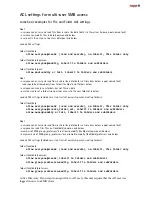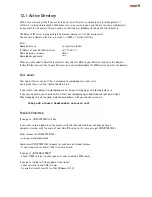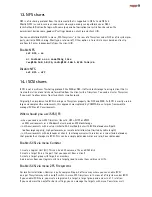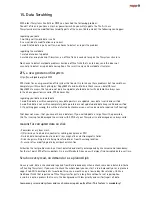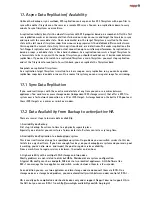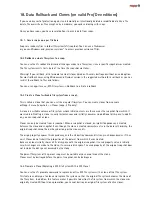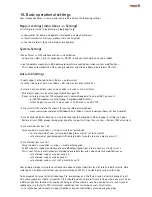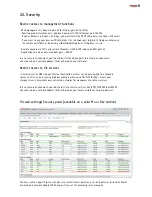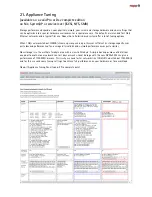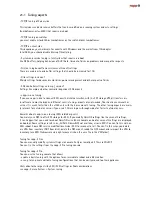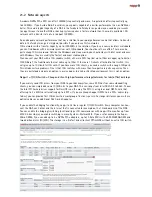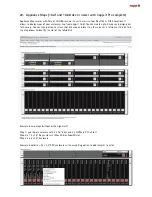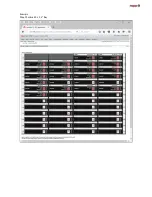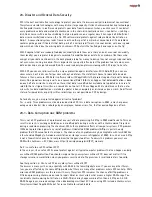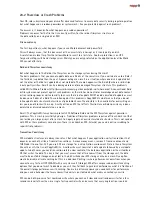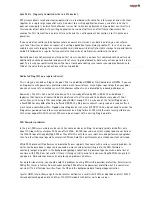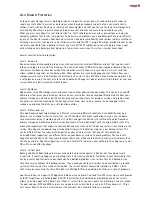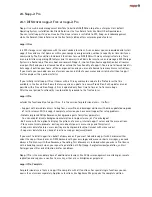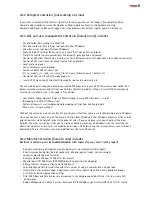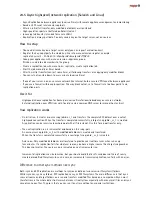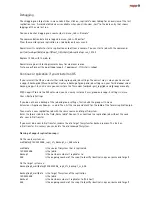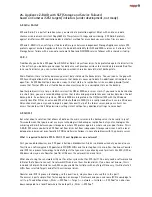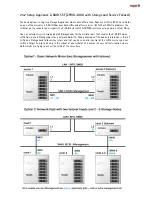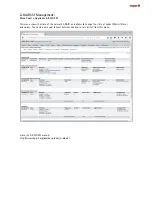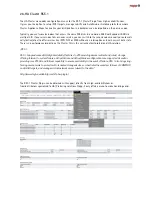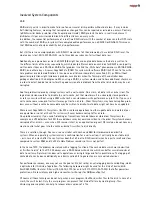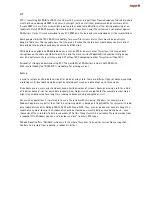
23. Disaster and General Data Security
ZFS is the best available free technology to protect your data. It adresses nearly all problems of conventional
filesystems and raid technologies with many disks or large capacity. Unlike checksummed backup technologies
like Snapraid it works in realtime and protects your data from the moment when you click save. It can detect
every problem due data and metadata checksums in the chain disk-controller-driver > controller > cabling >
disk. On access or with a online scrubbing that you should run on a regular base it can repair all bitrot/silent
data errors or write/read errors on the fly. ZFS software raid protects against raid problems like bitrot on a
Raid-1. A conventional system reads from one or the other part of a mirror but cannot detect if a datablock
contains garbage and if it detects that both parts of a mirror are different, it cannot decide, with one is good
and which on is bad due the missing data checksums. ZFS detects the faulted part and repairs on the fly.
With Snapshots that are readonly (nobody can modify/ delete them on a share and not even root can modify
them locally) you are protected against unwanted file modification or delete. Even malware like those who
encrypt all your data continously in the background asking for money to decrypt cannot encrypt snapshot data,
not even when running as admin. This is important as you quite often detect the problem too late when even
data on backup is encrypted or modified. You need readonly longterm versioning with ZFS snaps to be safe.
With ZFS you can use raid-levels with a unique protection agains disk failures. With Raid-Z2/3 you can use
vdevs where 2 or 3 disks can fail per vdev without a dataloss. The statistical chance to loose data due disk
failures is then near zero. ZFS Raid is software raid with CopyOnWrite that protects against raid write hole pro-
blems. On a powerloss during a write on a conventional Raid 1/5/6 it can happen that datamodification is done
on one half of a mirror but not on the other or that data is modified but metadata not updated or in case of a
raid 5/6 that a stripeset is written on some disks but not all. ZFS use Copy on Write what means that an ato-
mic write (ex data modifi metadate update) is done completely or discared ex due a crash. So different
states of mirrored disks or partly written raid stripes are not possible on ZFS by design.
So for daily use, you are protected agains all sorts of problem?
Yes - nearly. Three problems must be adressed outside ZFS, this is data corruption in RAM, a crash or power
outage and a disaster like a sabotage by an employee, human errors, fire, theft or overvoltage due a flash.
23.1. Data Corruption due RAM problems
This is not a ZFS problem but a problem of any sort of data processing. A bitflip in RAM modifies data. This can
result in a crash, in a wrong calculation or in modified data during a write or with a checksummed filesystem
during a read when processing the checksum. While these problems affects all computer systems, ZFS promises
100% data protection against any sort of problems. Undetected RAM problems/bitflips is quite the only
problem that ZFS cannot detect nor repair. The chance of such problems may be acceptable with less RAM like
a few hundred Megabyte. A modern workstation or storage server use Gigabytes of RAM. In such a cese a bitflip
is not a theoretical chance but a real problem that happens too often. To adress this problem you must use
RAM with checksums = ECC Ram, more https://en.wikipedia.org/wiki/ECC_memory
So it is unsafe to use ZFS without ECC?
In the end yes, its unsafe as ZFS cannot protect against all typical computer problems that can happen on daily
use without RAM protection. You should simply not buy new systems without ECC, does not matter if its a
storage server or a workstation when you process sensitive data. The premium is small and data is too valid.
Another question is: Can I use ZFS on my old systems without ECC?
The answer is more yes than no, especially with RAM in the lower Gigabyte area. If you use any other filesys-
tem, you are affected by the same bitflip problem but there are many other problems where ZFS can help. Write
errors due RAM problems are the same with every filesystem. ZFS increases the chance of bitflip problems a
little due processing checksums on read to repair bitrot or silent errors what means a higher RAM usage. You
can disable checksumming but bitrot on a Multi-TB disk array happens more often than a bitflip on 2-4 GB
RAM. So again yes, more advantages than disadvantages without ECC when using ZFS instead a checksum less
filesystem without CopyOnWrite but for sure a NoGo for valuable data.
Содержание ZFS Storage
Страница 8: ...3 1 ZFS Configurations...
Страница 45: ...Example Map Chenbro 50 x 3 5 Bay...

